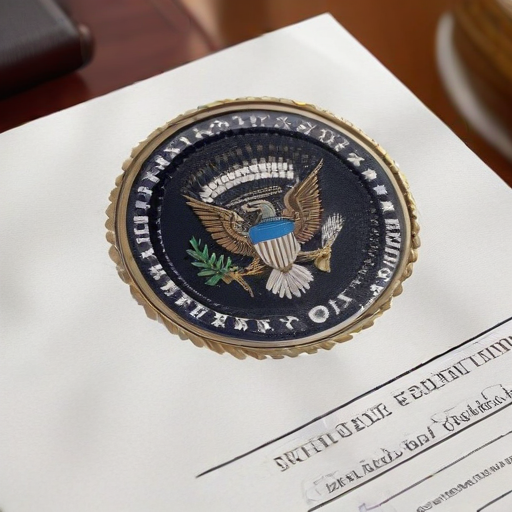President Joe Biden has granted 39 presidential pardons and commuted the sentences of nearly 1,500 individuals, marking a significant act of clemency in U.S. history. This decision is touted by the White House as the highest number of clemency actions taken on a single day, demonstrating a commitment to rehabilitation and the potential for second chances.
The individuals receiving pardons were primarily those convicted of non-violent offenses or non-violent drug offenses. While specific crimes were not disclosed, many of those pardoned have shown remarkable personal growth and community involvement after serving their sentences. For example, a former drug offender turned 49-year-old Virginia resident distinguished himself by earning a university degree and serving in the military, all while volunteering with veteran support organizations.
In addition to these pardons, Biden commuted the sentences of individuals who were placed in home confinement during the COVID-19 pandemic or those whose sentences were viewed as disproportionately long due to outdated legislation. Biden emphasized that these individuals had demonstrated their readiness for a second chance.
Among those granted clemency were former stockbroker Timothy McGinn, convicted of defrauding clients, and former Ohio county commissioner Jimmy Dimora, who was found guilty of accepting bribes. The clemency list also included individuals convicted in connection with tax fraud and health insurance scams, indicating a broad approach to addressing past convictions.
Biden’s actions come on the heels of his own decision to pardon his son, Hunter Biden, amid legal controversies involving tax fraud and gun charges. This has reignited discussions about the political implications of presidential clemency, especially as outgoing presidents sometimes extend such measures toward close associates or family members.
Biden’s recent clemency actions contrast sharply with his earlier tenure, during which he issued fewer pardons than many of his predecessors. His previous pardons included those related to marijuana offenses and military personnel convicted due to their sexual orientation.
As Biden’s presidency continues, he has indicated that more steps will follow in the weeks ahead. These actions are intended to reflect a broader movement towards justice reform and the recognition of personal rehabilitation, representing a hopeful outlook for those wishing to reintegrate into society after serving their sentences.
In summary, Biden’s unprecedented clemency measures demonstrate an evolving approach to justice that emphasizes rehabilitation and reintegration, offering hope to many individuals who have strayed into crime but have since demonstrated commitment to turning their lives around. Such measures may not only change individual lives but could also foster a more compassionate and equitable justice system in the future.
